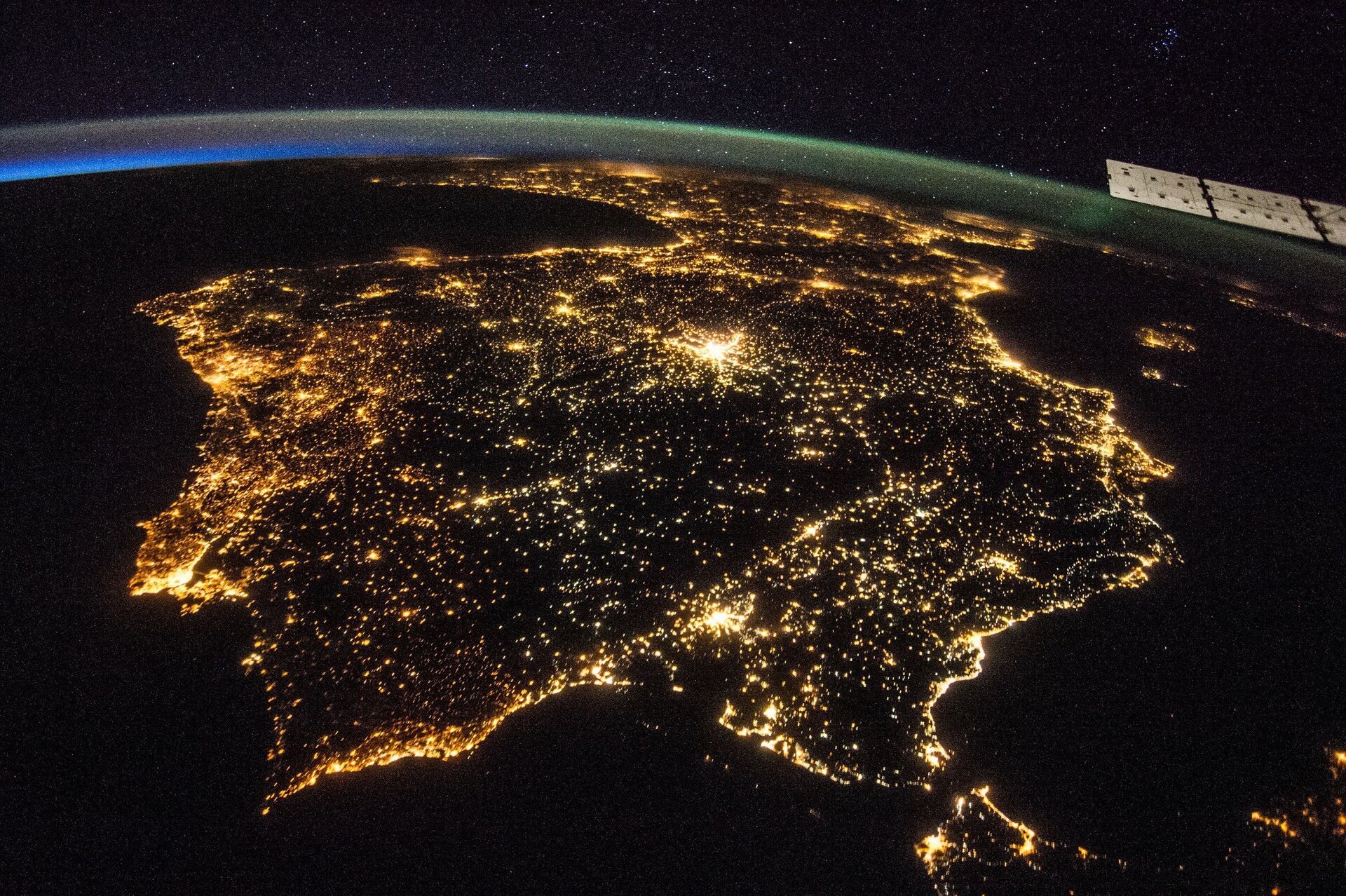Light Pollution
Since the invention of the lightbulb, light has spread across the globe, reaching almost every ecosystem. Often thought of as a terrestrial problem, scientists are starting to understand how artificial light at night affects many marine organisms. Light pollution penetrates under the water, creating a vastly different world for fish living in shallow reefs near urban environments. Light disrupts the normal cues associated with circadian rhythms, to which species have evolved timing of migration, reproducing, and feeding. Artificial light at night can make it easier for predators to find smaller fish prey and can affect breeding in reef fish.


